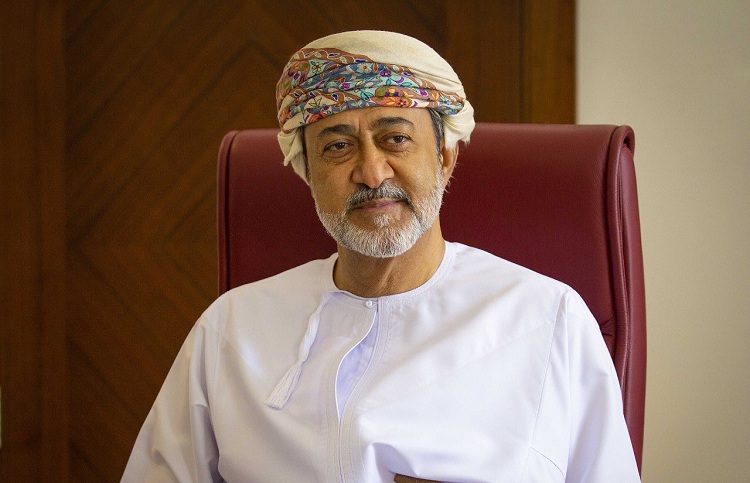The Diplomat
Next Thursday will enter into force the agreement between Spain and Niger that allows the free exercise of remunerated activities to dependent family members of employees of diplomatic missions and consular posts of each of the two countries who are posted on official mission in the territory of the other.
The objective of the agreement is to reflect and legally regulate the interests and expectations of the dependents of diplomatic agents, consular and administrative officials and of the staff of representations to international organizations based in either country with regard to remunerated activities. The agreement, signed in Niamey in October 2018 after authorization by the Council of Ministers in April 2009 and ratified by the Government last March 16, allows family members to “exercise remunerated activities in the receiving State, under the same conditions as nationals of that State.”
According to the Government, this agreement responds to “the constant evolution of social structures and mentality in Spanish society in recent years”, which “has been affecting the figure of the dependent family member of foreign service officials and has shaped a type, different from the traditional one, who possesses an academic degree, a technical preparation and a work experience that he/she would like to develop while accompanying his/her partner in the performance of a mission abroad”. “So that these legitimate expectations can be translated into reality, agreements such as this one are negotiated with certain countries with which there is a mutual interest in this field,” added the Executive after the referral to the Parliament and the ratification of the text.
Among the beneficiaries of this agreement, according to the text published this week by the Official State Gazette (BOE), are the spouse, “provided that there has not been an agreement or declaration of nullity of the marriage bond, divorce or legal separation, or the partner with whom a union analogous to the conjugal union is maintained, registered and in force in a public registry established for these purposes in one of the parties”; unmarried children under 21 years of age, living in the care of their parents, or under 23 years of age who are pursuing higher education in higher education institutions; and unmarried children living in the care of their parents who are physically or mentally handicapped.
There shall be no restrictions on the nature or kind of employment that may be performed. It is understood, however, that in professions or activities in which special qualifications are required, it will be necessary for the dependent family member to comply with the rules governing the exercise of such professions or activities in the receiving State. Authorization may be refused in cases where, for reasons of security, exercise of public authority or safeguarding the interests of the State or public administration, only nationals of the receiving State may be employed.
Such family members shall not enjoy the civil and criminal immunity deriving from the Vienna Convention on Consular Relations or Diplomatic Relations in respect of activities related to their employment, which shall be subject to the applicable law and the corresponding courts of the receiving State. The agreement will enter into force on July 15, 2021, once the parties have communicated compliance with the required constitutional procedures.







